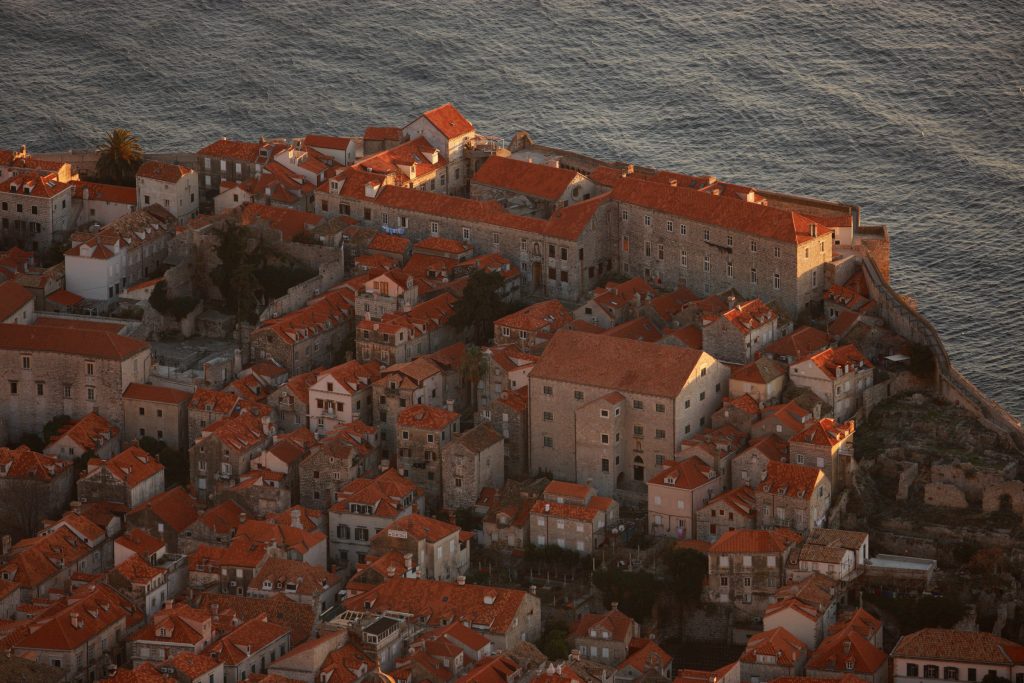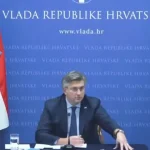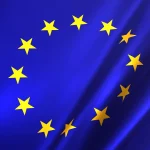The panel debate was held at Dubrovnik’s Lazzarettos buildings, once used as a quarantine station during the Ragusa Republic era.
The aim of the panel debate, entitled “Preparing for tomorrow: The European Union’s Global and Regional Role,” was to encourage discussion, particularly among young people, on the EU’s geopolitical and strategic issues.
The European Commission Vice President for Democracy and Demography and the co-chair of the executive committee for the Conference on the Future of Europe, Dubravka Šuica, underscored that it was essential to talk with citizens because of new technologies and digitization were changing democracy.
“We want citizens to be involved, not just for elections but during this opportunity too, to state their ideas which will be examined on a multi-lingual digital platform which is the heart of the conference. They will participate in European and local panel debates which will be followed by a large plenary conference and its conclusions will be presented to the presidents of the European Union’s three main institutions,” Šuica explained.
She added that there was a gap between politicians and citizens and that citizens needed to feel that they can create European policies.
“Citizens need to be active because our future depends on them. Young people aged between 16 and 25 in particular because they are creative and they will live that future. Naturally, older citizens can help too. This is the EU’s preparation for a new generation, but with them,” she said.
She mentioned that more than 3.5 million EU citizens had registered with the multi-lingual digital platform but underscored that so far citizens had not acquainted themselves sufficiently with that complex project.
Spain’s State-Secretary for the EU Juan González-Barba said that he expected the most from young people in the panel debate because it mostly concerns their future.
For more about politics in Croatia, follow TCN’s dedicated page.











